In the ever-evolving landscape of digital entertainment, firesticks have emerged as a game-changer for streaming enthusiasts. These compact, powerful devices offer a gateway to a vast universe of content, from movies and TV shows to games and apps. This guide delves deep into the world of firesticks, covering their functionality, benefits, drawbacks, selection process, and usage tips to enhance your streaming experience.
Table of Contents:
– What is a firestick?
– How does a firestick work?
– Benefits and drawbacks of firesticks
– How to choose a firestick
– How to use a firestick
What is a firestick?
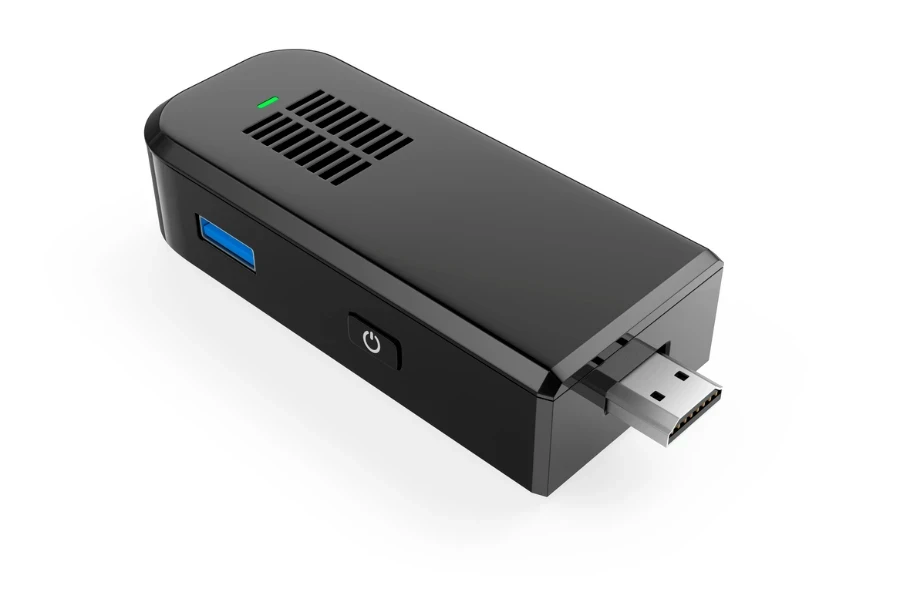
A firestick is a small, portable device that plugs into the HDMI port of a television, transforming it into a smart TV. It connects to the internet via Wi-Fi and allows users to stream digital content directly to their TV screen. Beyond streaming, firesticks often support various apps, enabling everything from gaming to social media browsing on your TV. The simplicity of its design, coupled with its versatile functionality, makes it an attractive option for users looking to expand their digital content consumption without investing in a smart TV.
How does a firestick work?
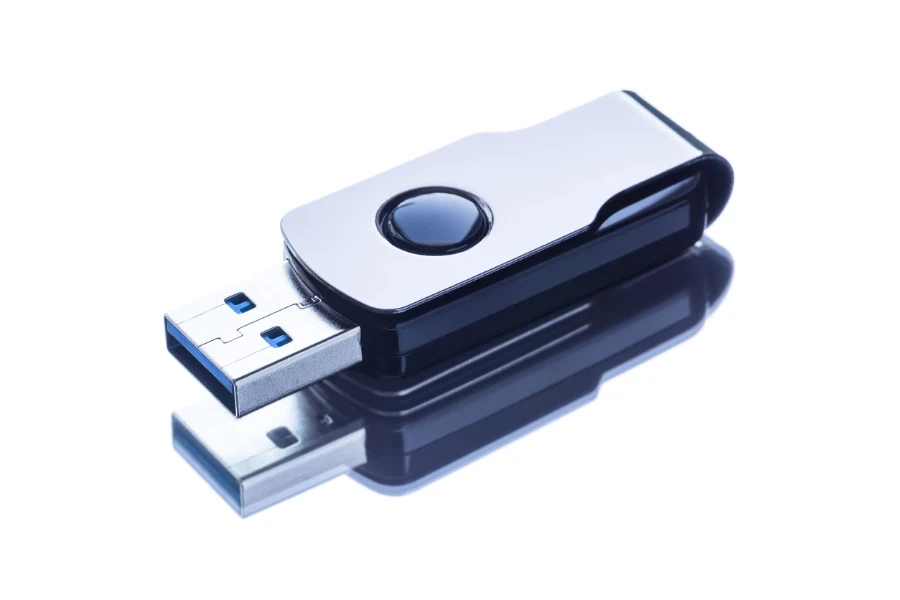
At its core, a firestick functions as a bridge between your TV and the internet. Once connected to a Wi-Fi network, it uses pre-installed software to access streaming platforms. Users navigate through a user-friendly interface, often controlled by a dedicated remote, to select the content they wish to watch. The device streams content in real-time, requiring a stable internet connection for optimal performance. Some models also support voice control, offering an even more intuitive way to search for and play your favorite content.
Benefits and drawbacks of firesticks
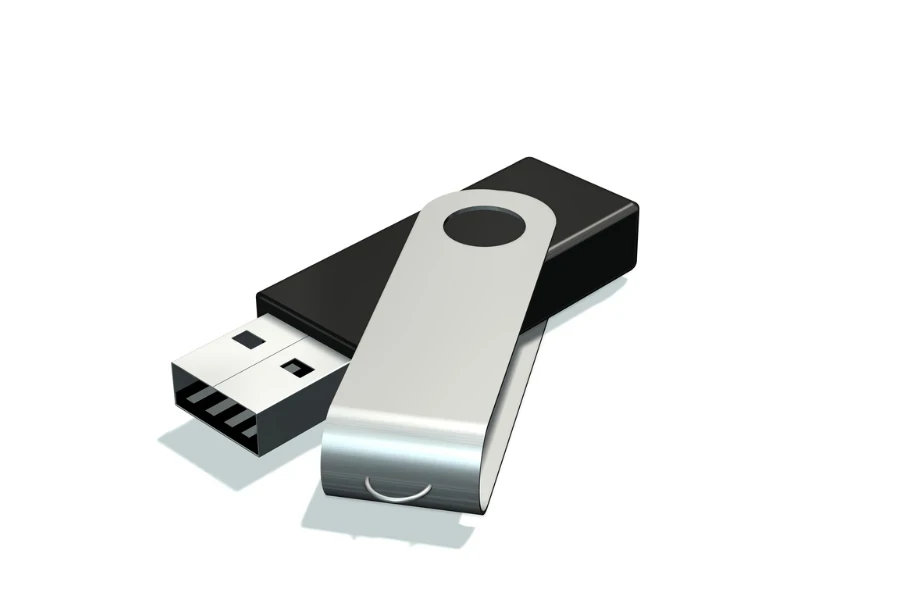
The primary benefit of firesticks is their ability to make any TV smart. They’re cost-effective, easy to install, and user-friendly, making them accessible to a broad audience. Moreover, their portability allows users to take their favorite content with them, whether traveling or simply moving from room to room. However, firesticks are not without their drawbacks. They depend heavily on a reliable internet connection, and streaming in high definition can consume significant amounts of data. Additionally, while they offer access to a wide array of content, some services may require separate subscriptions.
How to choose a firestick
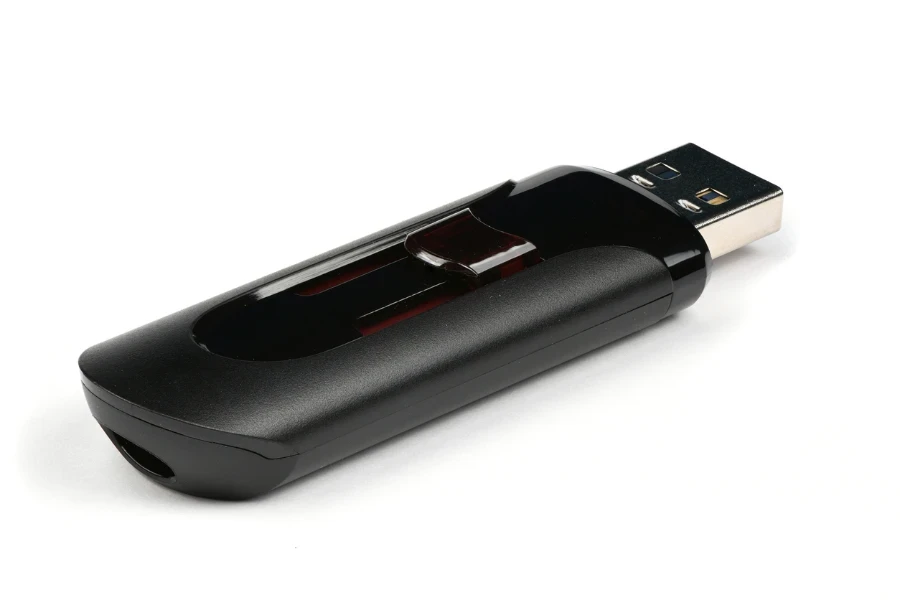
Selecting the right firestick involves considering several factors. First, assess the content you wish to access and ensure the device supports the relevant streaming platforms. Next, consider the quality of your internet connection and whether it can support streaming at the desired resolution. Some firesticks offer enhanced features, such as 4K streaming and voice control, which may be worth the extra investment for users with compatible TVs and high-speed internet. Finally, take into account the device’s storage capacity, especially if you plan to download apps or games.
How to use a firestick
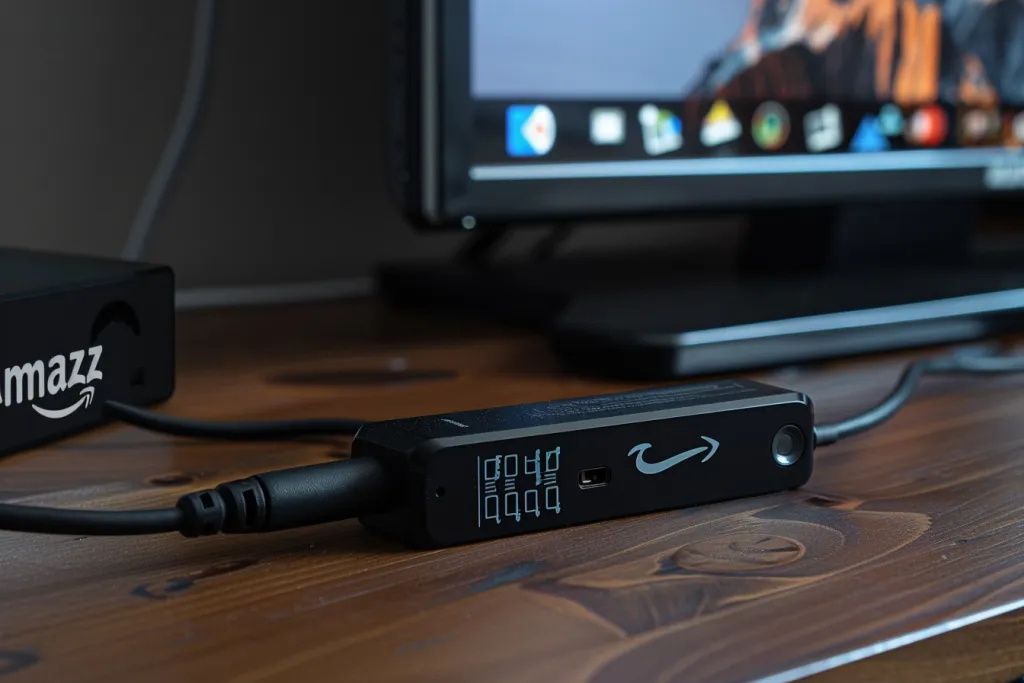
Using a firestick is straightforward. Start by plugging the device into your TV’s HDMI port and connecting it to power. Follow the on-screen instructions to connect it to your Wi-Fi network. Once connected, you can navigate through the interface to access streaming services, download apps, and customize settings. For an optimized experience, regularly update the device’s software and apps to ensure access to the latest features and content. With these steps, you’ll be ready to enjoy endless hours of entertainment at your fingertips.
Conclusion:
Firesticks have revolutionized the way we consume digital content, offering an affordable, versatile, and user-friendly solution to turn any TV into a smart TV. By understanding how they work, their benefits and drawbacks, and how to choose and use one effectively, you can unlock a new dimension of entertainment. Whether you’re a movie buff, a binge-watcher, or a casual viewer, a firestick can cater to your viewing preferences, bringing a world of content to your living room.



